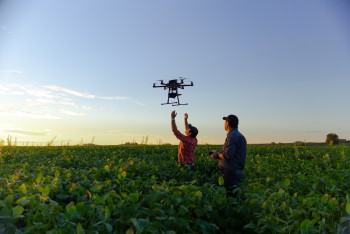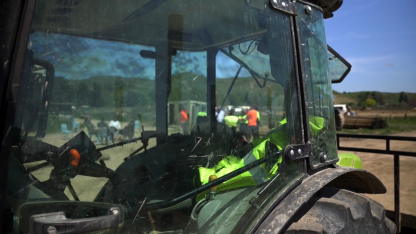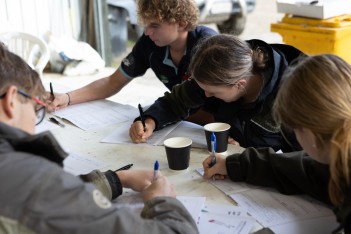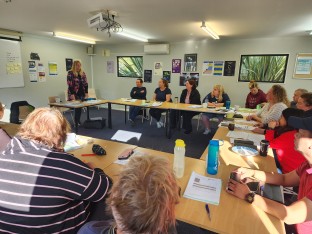2026 Investment Advice
Muka Tangata provides advice to TEC on investment in vocational education to influence funding decisions that considers industry needs, to help match skills and workforce demands with supply.
Learn moreThe Vegetables industry is a fertile place for innovation in Māori agribusiness.
It can be especially challenging to attract highly skilled people into the industry.
Labour shortages create challenging conditions for growers.
Key Challenges
Find out about our work to assess the quality of programmes delivered by providers for this industry here.
A snapshot of the Vegetables workforce development plan is available for download here. Please note that this reflects a point in time (July 2024). The most up to date information is on the workforce development plans website.
Muka Tangata provides advice to TEC on investment in vocational education to influence funding decisions that considers industry needs, to help match skills and workforce demands with supply.
Learn more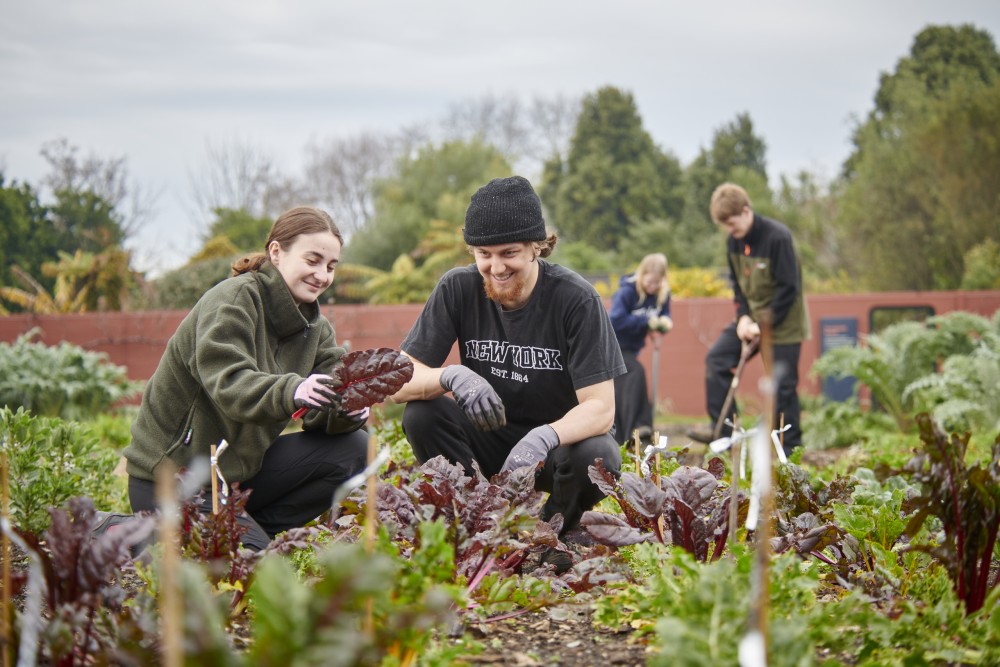
This section provides information about the workforce, industry and Vocational Education and Training (VET) provision and performance. It shows data and research focused on key aspects of Muka Tangata industry groups and learners. This section is expected to feature regular updates to the data and trends being showcased.
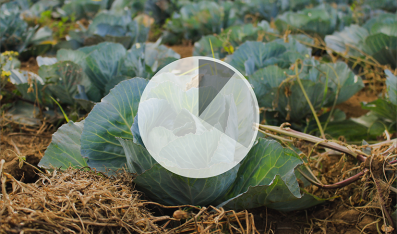
Insights for Industry about trends in economic performance indicators.
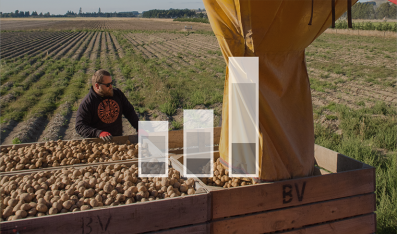
Insights on the workforce, including; size, ethnicity, age, regional distribution, and gender.

Insights about learners, including trends in enrolments and mix of provision.
Labour shortage is an ongoing challenge for the industry, and there are not enough people working in the industry to keep up with the level of work that is required. There is high demand for entry-level roles, and limited career progression due to the flat organisational structure of the horticulture industries.
The pathway into leadership roles is unclear, with not enough skilled leadership staff in the industry. There is a need for leadership training to support people to progress into supervisory roles and project management level positions.
While the industry is embracing more advanced technology, the existing qualifications do not necessarily align with these changes. It can be a challenge to upskill staff and attract skilled people into roles that require more technological understanding and experience.
The Vegetable industry is the most ethnically diverse industry of the food and fibre sector and supporting a multi-cultural workforce is focus for the industry.
This is our plan to address the vocational education and training opportunities that arose from our engagement, research and analysis. It includes real projects that we are committed to delivering, with most of these spanning across some or all Muka Tangata industries. Our Projects have replaced our previous “Roadmap Actions” and present a consolidated view of our mahi. Some of the previous roadmap actions have been completed or closed out following a review of our work programme and engagement with industry on the priority of these actions.
